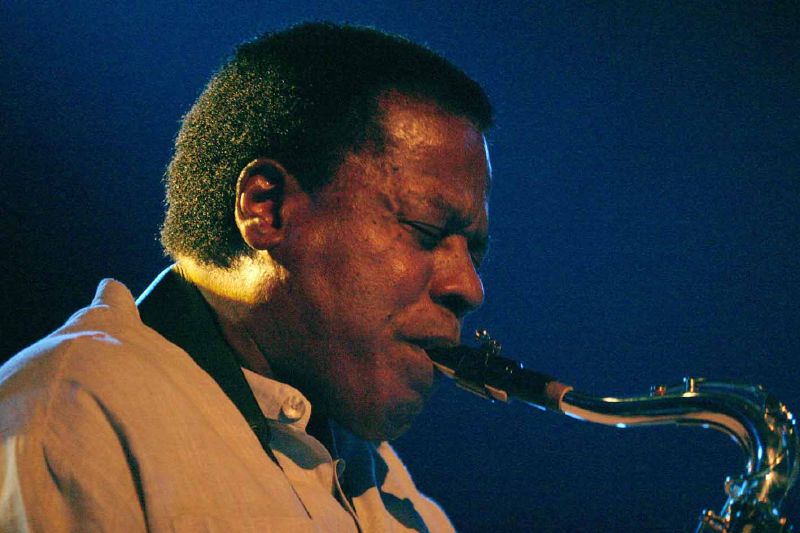Wayne Shorter—Innovative Saxophonist and Prolific Composer
Wayne Shorter—Innovative Saxophonist and Prolific Composer
The passing of Wayne Shorter at age 89 on March 2, 2023 was a sad occasion for his many fans. Shorter had a career as a jazz saxophonist that spanned almost 70 years. Even after he stopped performing in 2018 due to health concerns, he continued to compose music.
Shorter was born in Newark, New Jersey, on August 25, 1933. He had an older brother named Alan. Wayne’s mother encouraged her sons to be creative, even excusing them from chores so that they could use their imagination while playing. Wayne and Alan enjoyed reading comic books and recalling film music they heard while at the movies. Wayne hoped to become an artist one day. A watercolor painting of his won first prize in a contest held for children. His artistic talent enabled him to gain admission to the Newark Arts High School. However, after listening to a New York jazz radio program, he became fond of bebop. At age 15, Shorter began taking clarinet lessons. Later he switched to the tenor saxophone. Shorter was influenced by jazz legends such as Sonny Rollins, John Coltrane, and Coleman Hawkins.
Wayne performed with local jazz bands so he could save money for college tuition. He majored in music education at New York University, though he wasn’t keen on becoming a music teacher.
After graduation, Wayne was inducted into the U.S. Army, where he served for two years. He continued to play saxophone while in the Army. After his discharge, he joined Maynard Ferguson’s band for a brief time. He quit when drummer Art Blakey offered Shorter a spot with the Jazz Messengers. He was encouraged to compose music for the Jazz Messengers during his five-year stint and eventually became the group’s music director.
Shorter went on to join the Miles Davis’ Second Great Quintet in 1964. He released eight solo records on the Blue Note label, most of them while he was in Davis’ group. One of his classic compositions, “Footprints,” first appeared on Shorter’s Adams Apple album in 1966. The song was later recorded for Davis’ Miles Smiles album in 1967. With its 6/4 time signature and bluesy melody in the C Dorian mode, “Footprints” perhaps is the composition most associated with Shorter.
After the quintet broke up in 1968, Shorter continued to collaborate with Davis, appearing on the studio albums, In a Silent Way and Bitches’ Brew. In 1970, Shorter went on to become a founding member of Weather Report, along with keyboardist Joe Zawinul, bassist Miroslav Vitous, and others. Weather Report enjoyed phenomenal popularity and acclaim, thanks to its fusion of jazz, funk, rhythm and blues, and other musical genres. During his 14 years with Weather Report, Shorter played both tenor and soprano sax and composed music for his bandmates.
He continued to record albums under his own name and worked on side projects with other musicians, including Herbie Hancock, Joni Mitchell, and Carlos Santana. Shorter also toured and recorded albums as a member of V.S.O.P. during the late 1970s and early 1980s.
Shorter returned to acoustic jazz in 2000, forming a quartet with pianist Danilo Perez, bassist John Patitucci, and drummer Brian Blade. The Wayne Shorter Quartet released several live albums. Shorter received numerous Grammy nominations and awards during his lifetime. In his later years, he worked on an ambitious project, an orchestral suite titled Emanon. He also composed an opera titled Iphigenia, inspired by Euripides’ play. It debuted in 2021.
Patricia Martin

